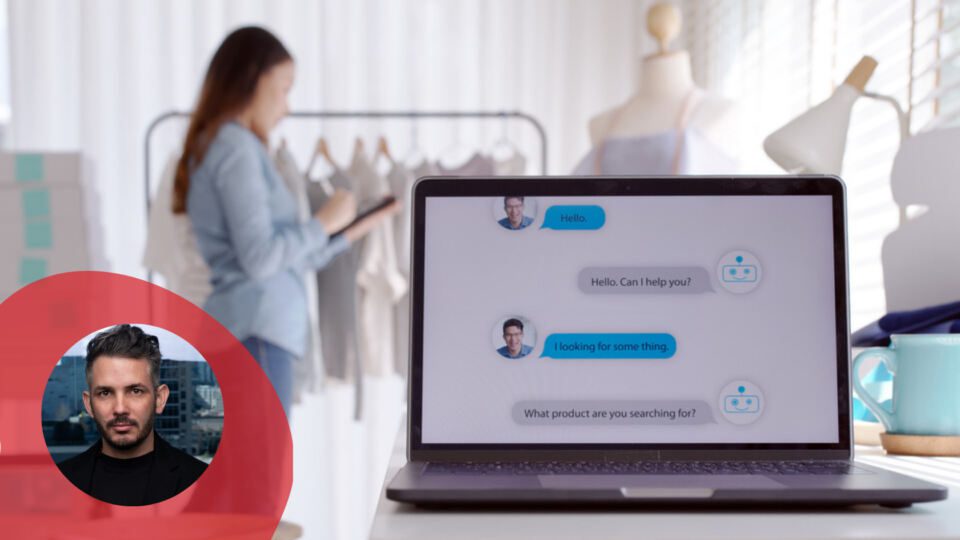Dispute resolution is always an important aspect of any customer relationship and there’s a good chance that many retailers will do more of it this holiday season, with sales volumes continuing to increase despite significant supply chain issues. Unhappy customers and disputes go hand-in-hand, and if the views of retail executives are any indication, we may see an increase in both this month.
The 2021 Deloitte holiday retail survey found that 43% of retail executives expect delayed delivery of ordered inventory, and 64% are concerned that they will not receive it in time for the holidays. Despite ample warnings for consumers to begin their holiday shopping early, either scenario foreshadows the need not only for the intelligence needed to effectively manage customer relationships but also to resolve disputes that arise when the gift chosen with care simply isn’t available.
Retailers Historically Lacked the Information Needed to Effectively Resolve Disputes
Retailers have traditionally used recording technologies for quality assurance and training purposes; however, these rarely provided customer service professionals with the real-time intelligence needed to resolve disputes. Because of the storage mediums used, including expensive storage hardware and tape, most retailers found it cost-prohibitive to compliantly keep most conversations with customers. And just as importantly, conversations that were recorded were not easily searchable.
For these reasons most retailers have never been able to recount the verbal agreements they made with patrons or confirm if promises were fulfilled. Often, the customer is “always right” remained the end result of most disputes, not because it was necessarily true but because the retailer had no way to know otherwise.
Advancements in artificial intelligence and the cloud, and the unified conversational intelligence they make possible, change all of this and present retailers with numerous new capabilities, among them the ability to resolve disputes — and build stronger customer relationships — more effectively than ever before.
Conversational Intelligence Radically Redefines Dispute Resolution
With the cloud it is now economically feasible to record every conversation with customers, regardless of whether they phone the call center, meet with a customer service representative on Webex, Teams or Zoom, or speak to a clerk in-store at the service desk. Many millions of conversations can be consolidated in one centralized database and accessed and searched in mere seconds, using keywords such as the customer’s name, the kind of product or SKU.
Consider some of the many benefits and use cases for dispute resolution that are not only possible but are available and in use now as a result:
- Confirm the veracity of a customer’s narrative or argument in the moment: In seconds, service representatives can confirm that the store fulfilled its verbal agreement by reviewing the customer’s initial order and subsequent conversations with customer service representatives.
- Identify and segment customers who complained about a particular problem or product: Retailers can now identify every customer who called about a late shipment, or alternatively, found a particular product unsatisfactory — information that can be used to convey a solution, offer an apology or incentive, or flag a manufacturer for a resolution.
- Uncover opportunities to improve the customer experience: Retailers now have the ability not only to understand the “voice of the customer” — traditionally based on the analysis of a limited number of patrons — but more importantly to hear the “voices of their customers.” Searched and parsed by keywords and other criteria, retailers can identify the unique attributes of the store or chain that customers value most, as well as where they would like to see improvement.
These are some of the many ways that the Unified Conversational Intelligence that retailers now have at their disposal can be used not only to more effectively resolve disputes, but also to improve the customer experience, grow revenues, increase employee engagement and strengthen reputation and market positioning. The future is here.
Adrian Di Pietrantonio is the Co-founder and EVP of Global Partners and Alliances at Dubber, a scalable unified call recording service and voice intelligence cloud relied on by more than 160 telecommunications service providers and unified communications leaders like Microsoft Teams, Webex by Cisco and Zoom.




